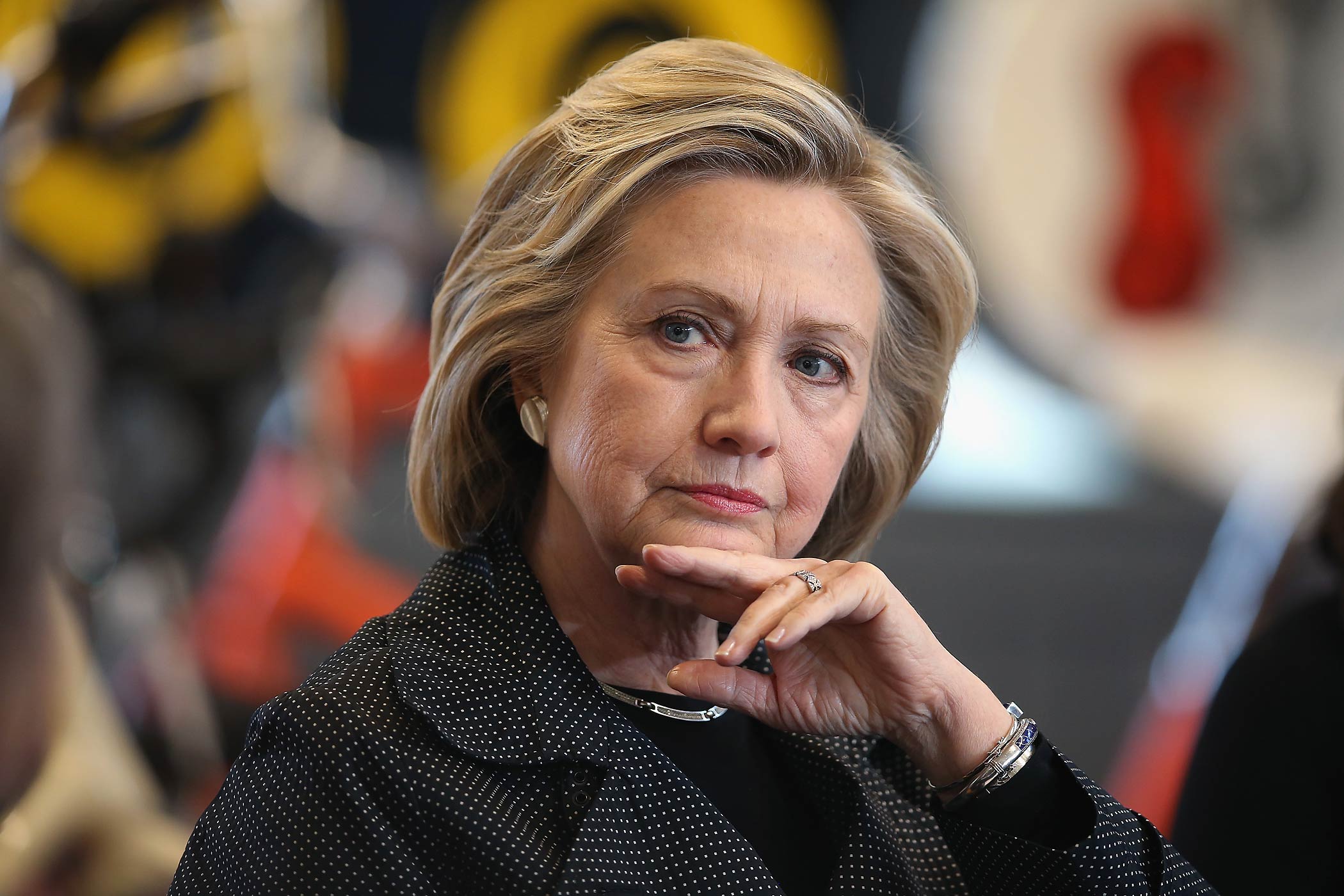
The local bike shop where Hillary Clinton hosted a roundtable on small business and the economy on Tuesday morning was chosen as carefully as any other theatrical backdrop of her campaign.
Behind the five-week-old candidate’s seat at the table, grease-smeared tools pointed to the hard, dirty work done in the shop. Bicycle wheels suspended from the ceiling framed her, and a squeaky, new-finished wood floor provided ample space for the gathered press. When Clinton said Tuesday, “I want to be a small business president,” all she had to do was point at the props.
But, as in live theater, things can always go a little off script, and on her second tour through Iowa, Clinton experienced that firsthand.
Outside the bike shop, a small group of progressive Iowa activists held up signs, protesting Clinton’s carefully worded neutrality on the massive Trans-Pacific Partnership trade deal—the first time the left has organized a notable protest against Clinton at a public event. Inside, one of the handpicked participants in a roundtable discussion asked Clinton surprisingly pointed questions. And facing a restive press that called out in the middle of the roundtable, Clinton broke her four-week media silence and answered a handful of questions.
These unrelated moments at the Bike Tech store in Cedar Falls, Iowa, showed the limits of Clinton’s carefully managed campaign. Holding a sizable lead over her Democratic primary competitors, the former Secretary of State has kept reporters at arms’ length, using controlled events to discuss the issues with voters and trying to avoid some contentious topics like the possible trade deal, which many liberals dislike.
It was one of those voters who broke through the most.
“What’s your stand?” asked roundtable participant Denita Gadson about the Trans-Pacific Partnership during the event. “And what do we need to do to ensure jobs are staying here?”
Gadson’s question, had in fact, been planted by activists affiliated with the Americans for Democratic Action who believe Clinton hasn’t done enough to take questions from the press or from progressives on her policy positions.
The hiccups at Clinton’s event Tuesday morning showed some of the problems Clinton faces with the grassroots, activist-driven campaign she’s chosen to run so far: she is a candidate, but she is waiting to clarify many of her policy positions until likely next month. She aims to do the handshaking and cheek-smooching that Iowans expect, but her campaign’s sheer size can get in the way. She has a larger entourage of press, security, and staff than any other announced candidate, and spontaneity doesn’t always come easy. That’s made some in Iowa who long for a more face-to-face interactions restless.
“She’s sticking with small meetings that are totally controlled,” said ADA Iowa Organizer Chris Schwartz, who led the separate press conference outside Clinton’s event. “We think she needs to start holding town hall meetings and taking questions from more everyday Iowans.”
Despite Tuesday’s vocal media gaggle and contentious progressives, Clinton’s planned trips across the early primary states of Iowa, New Hampshire and Nevada have mostly gone smoothly. She has impressed many progressives with a solidly liberal platform. Participants in roundtable events have largely left enthusiastic about the frontrunner, who in small groups laughs easily and listens intently.
See Hillary Clinton's Evolution in 20 Photos

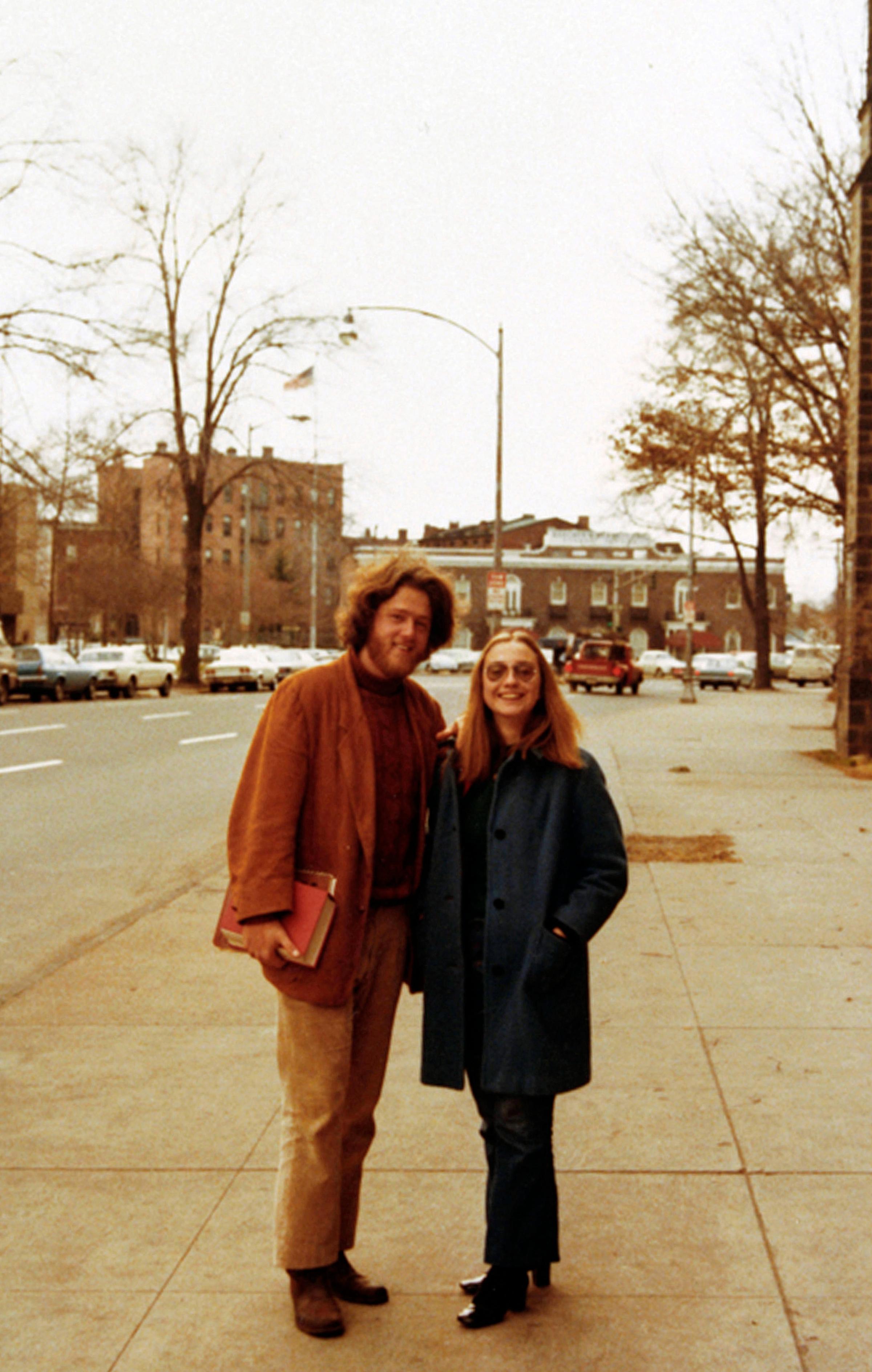
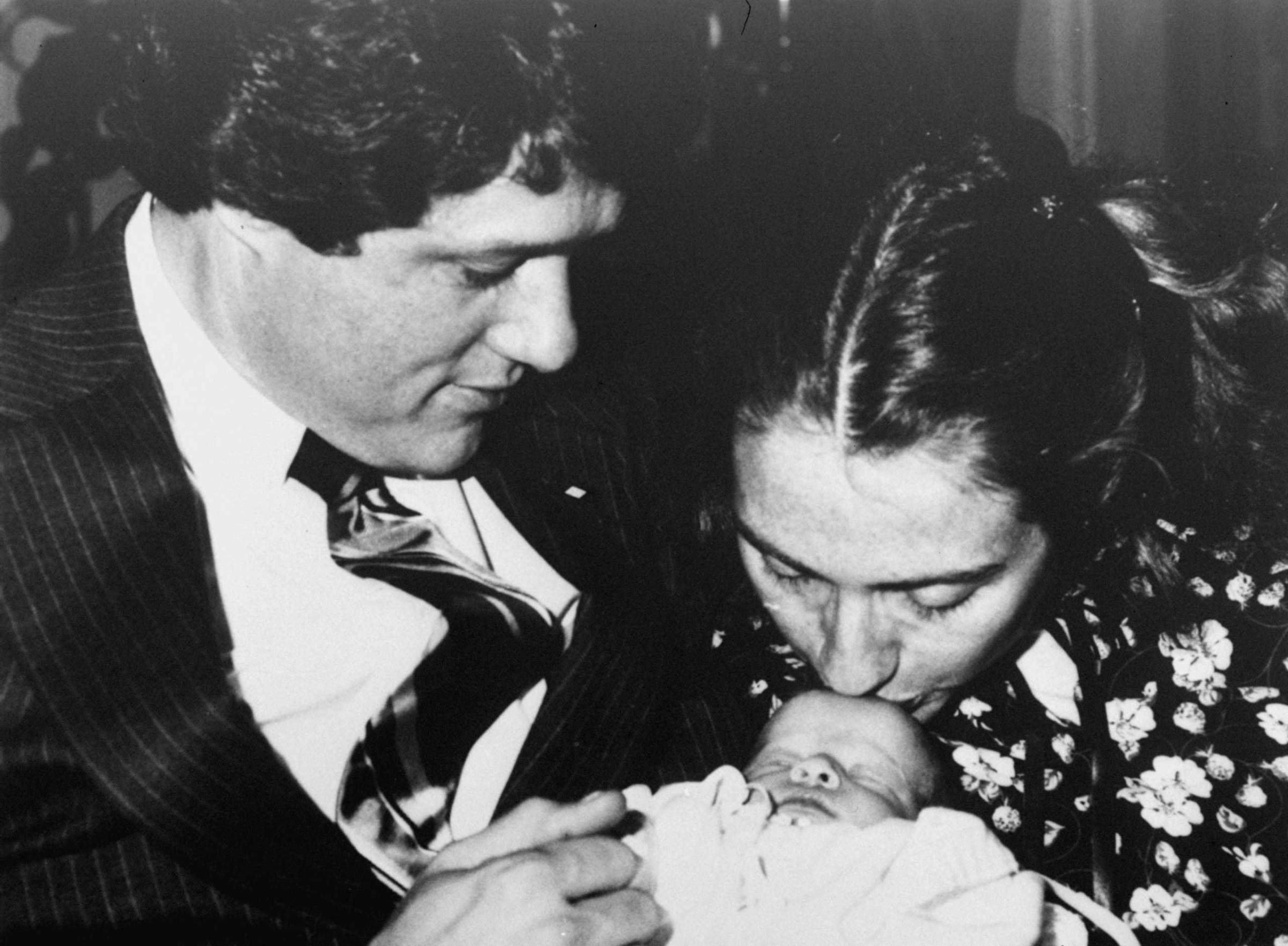
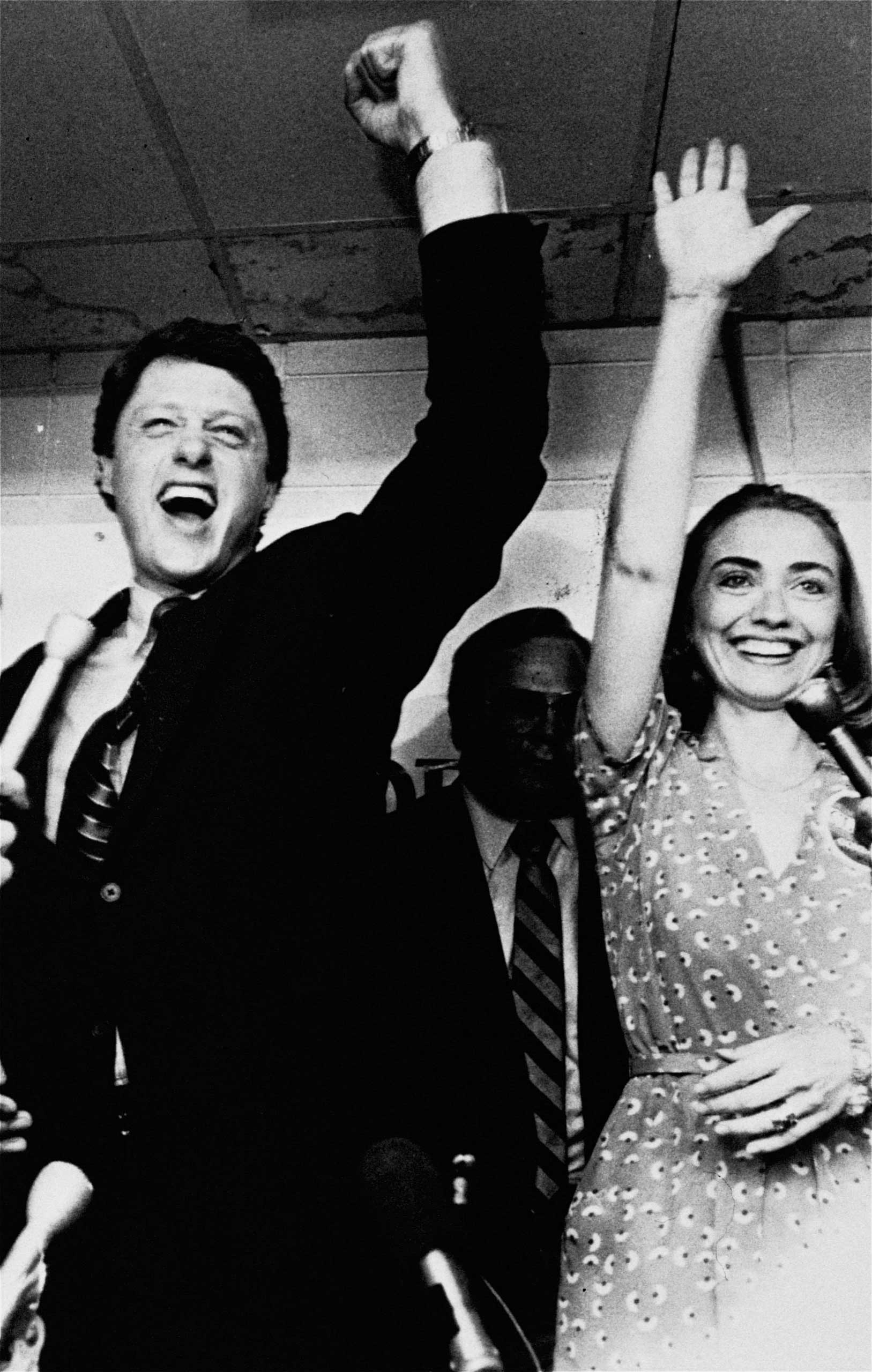
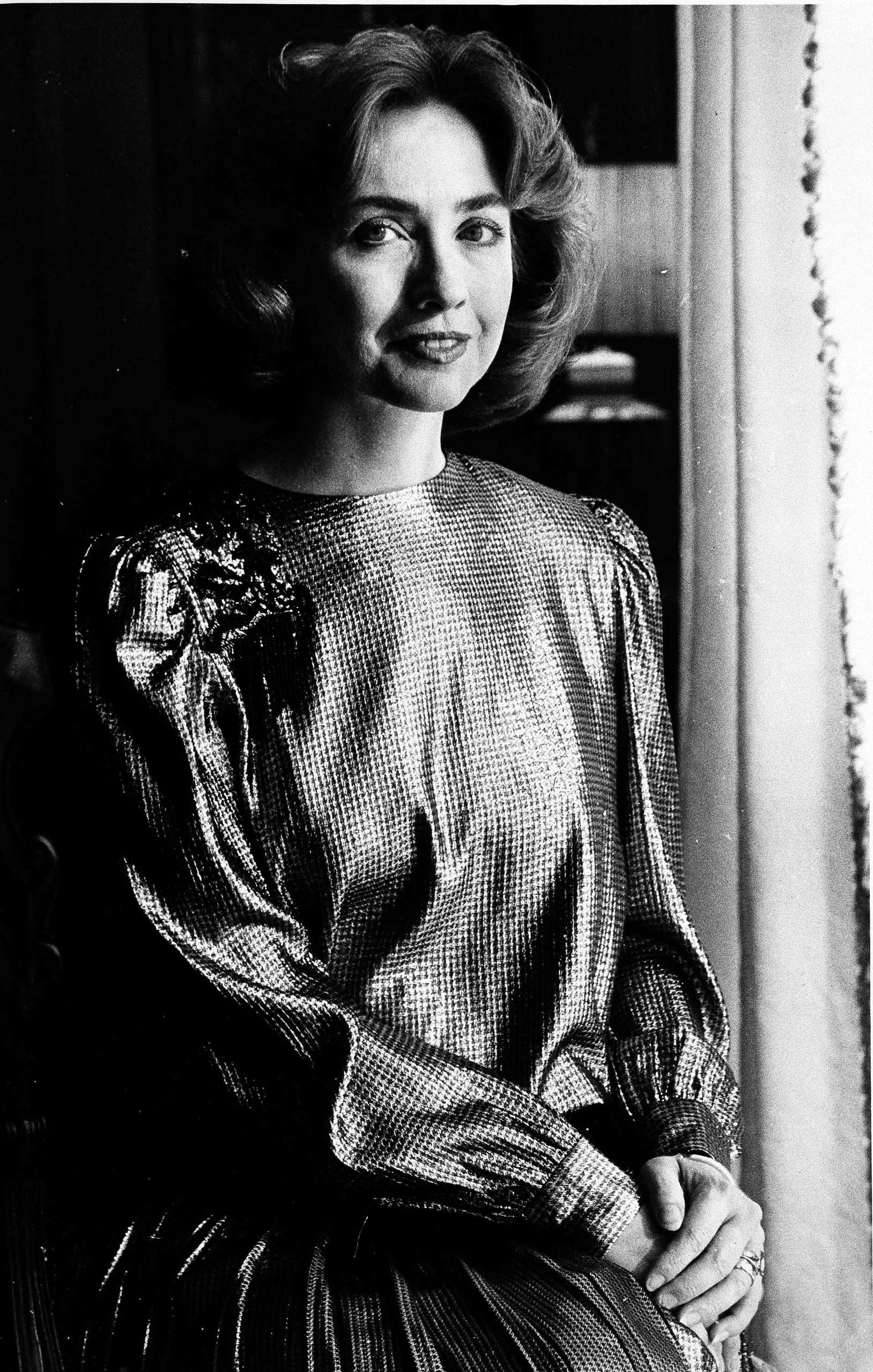
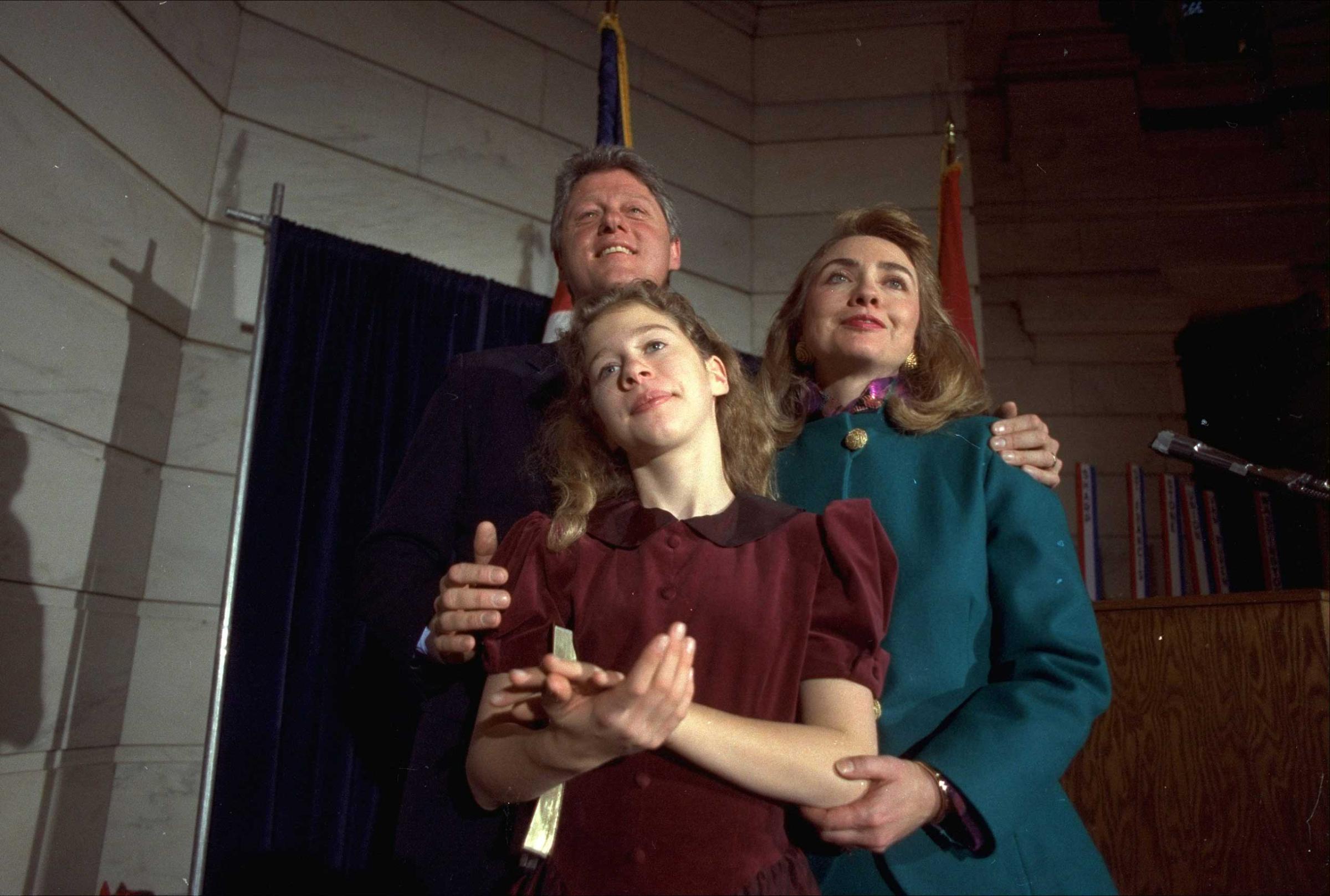

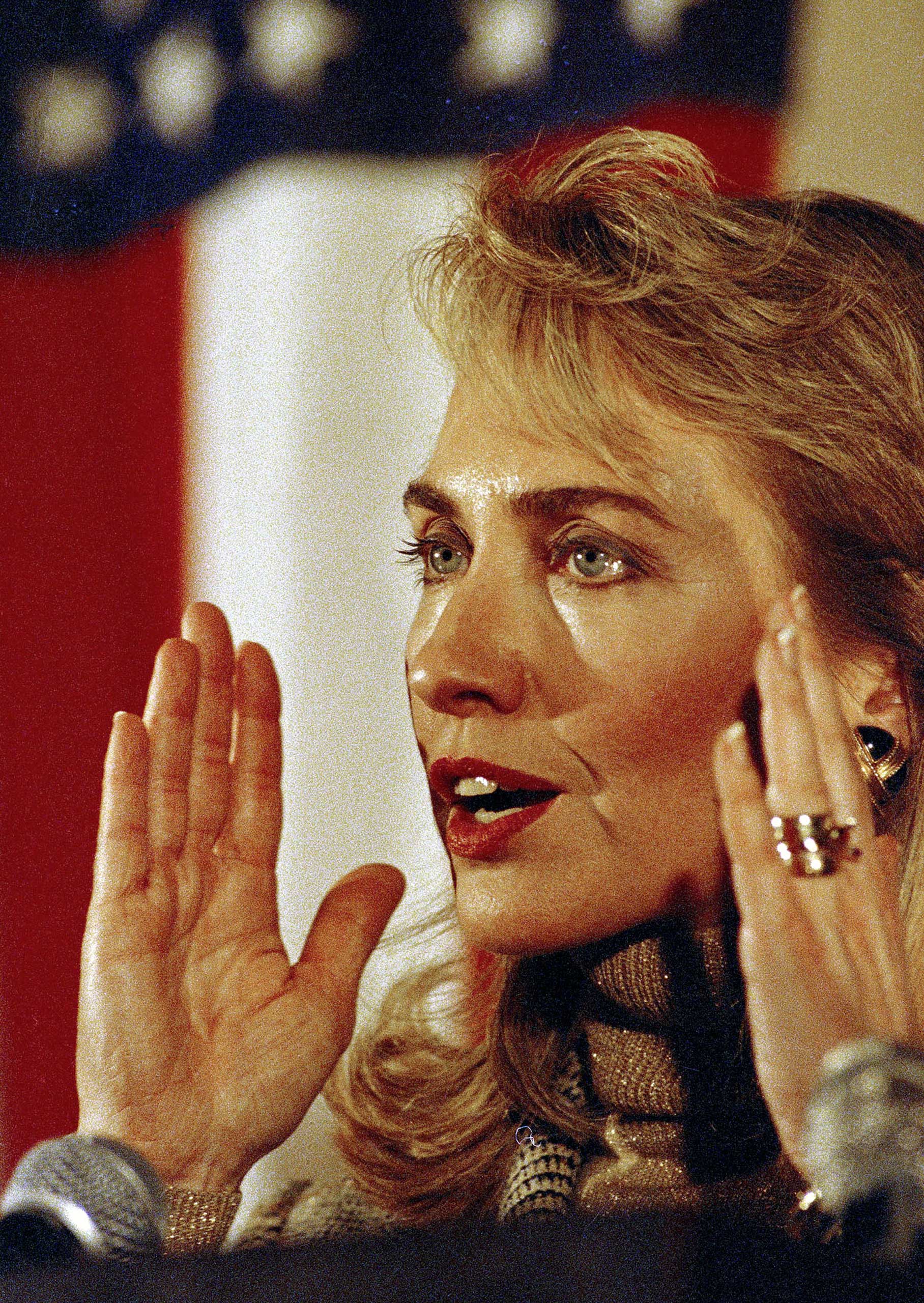

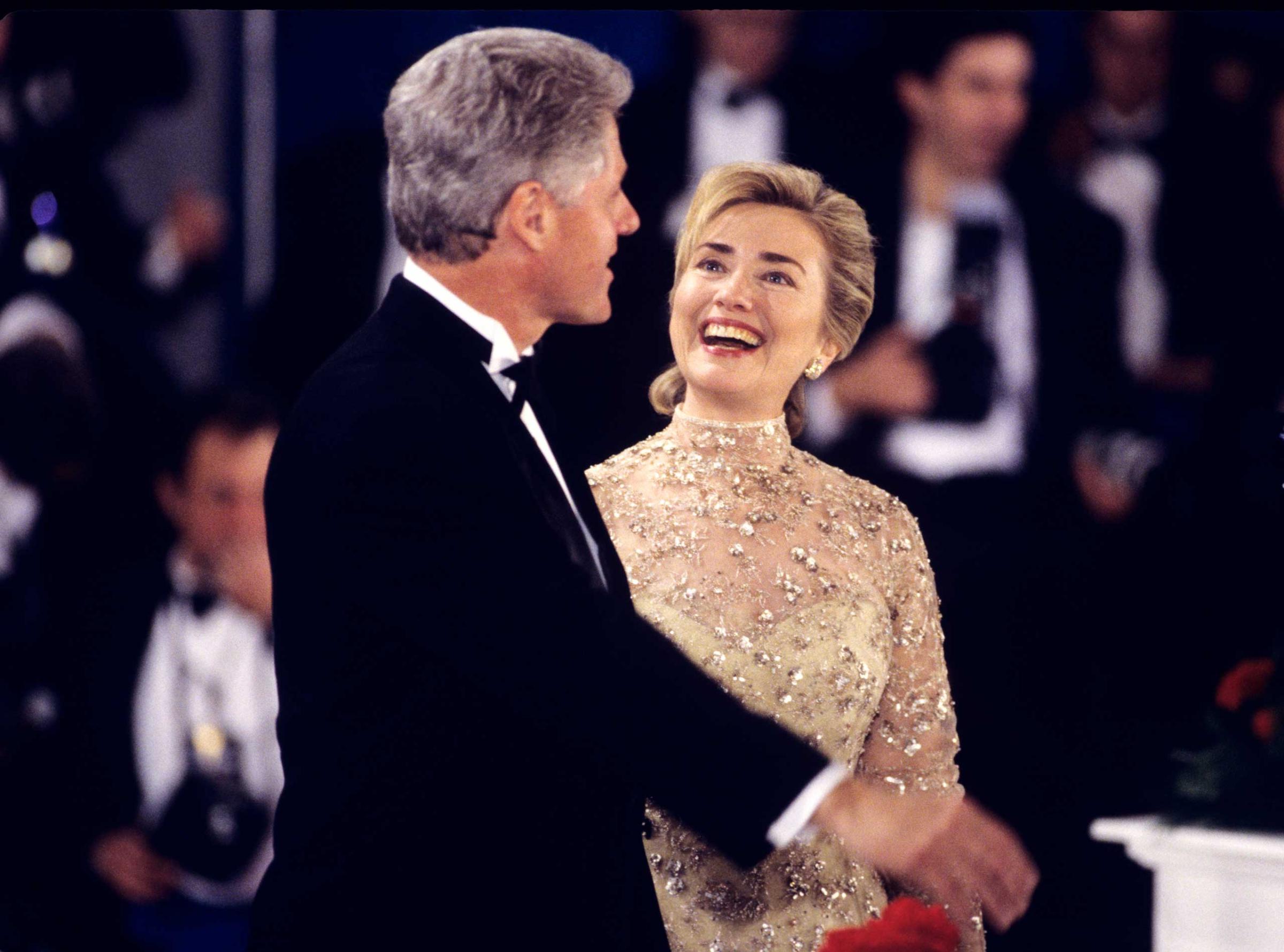
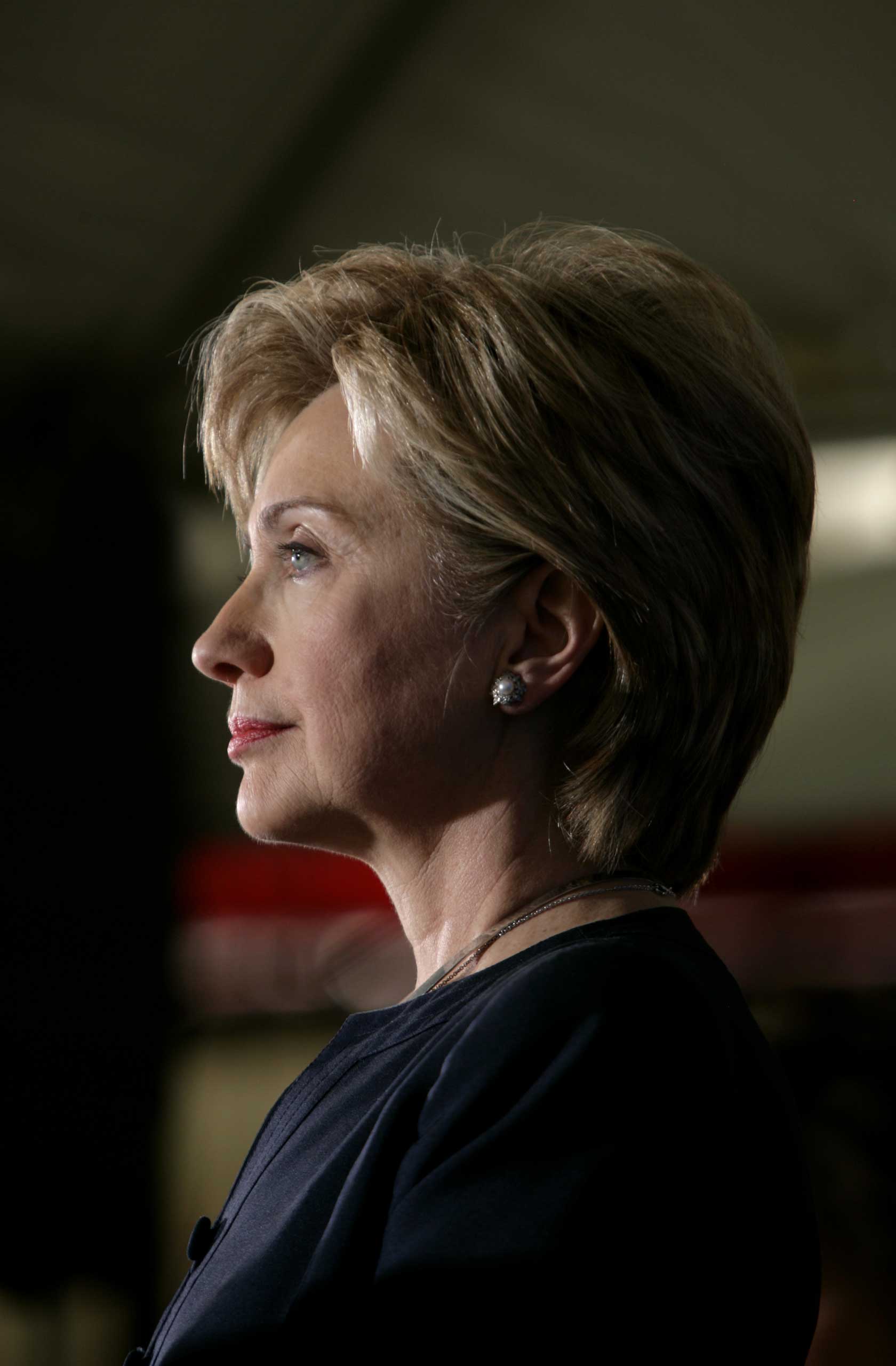
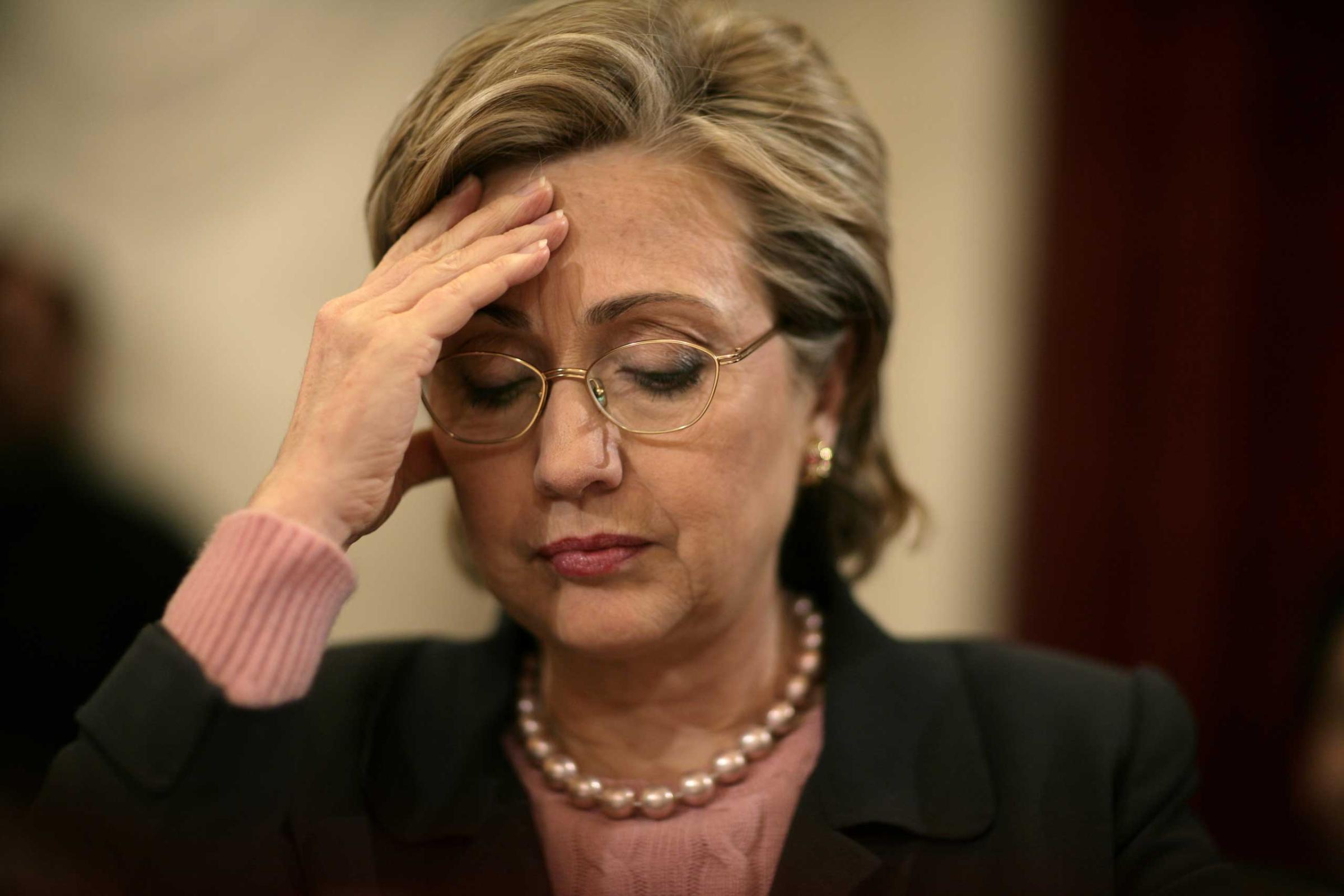
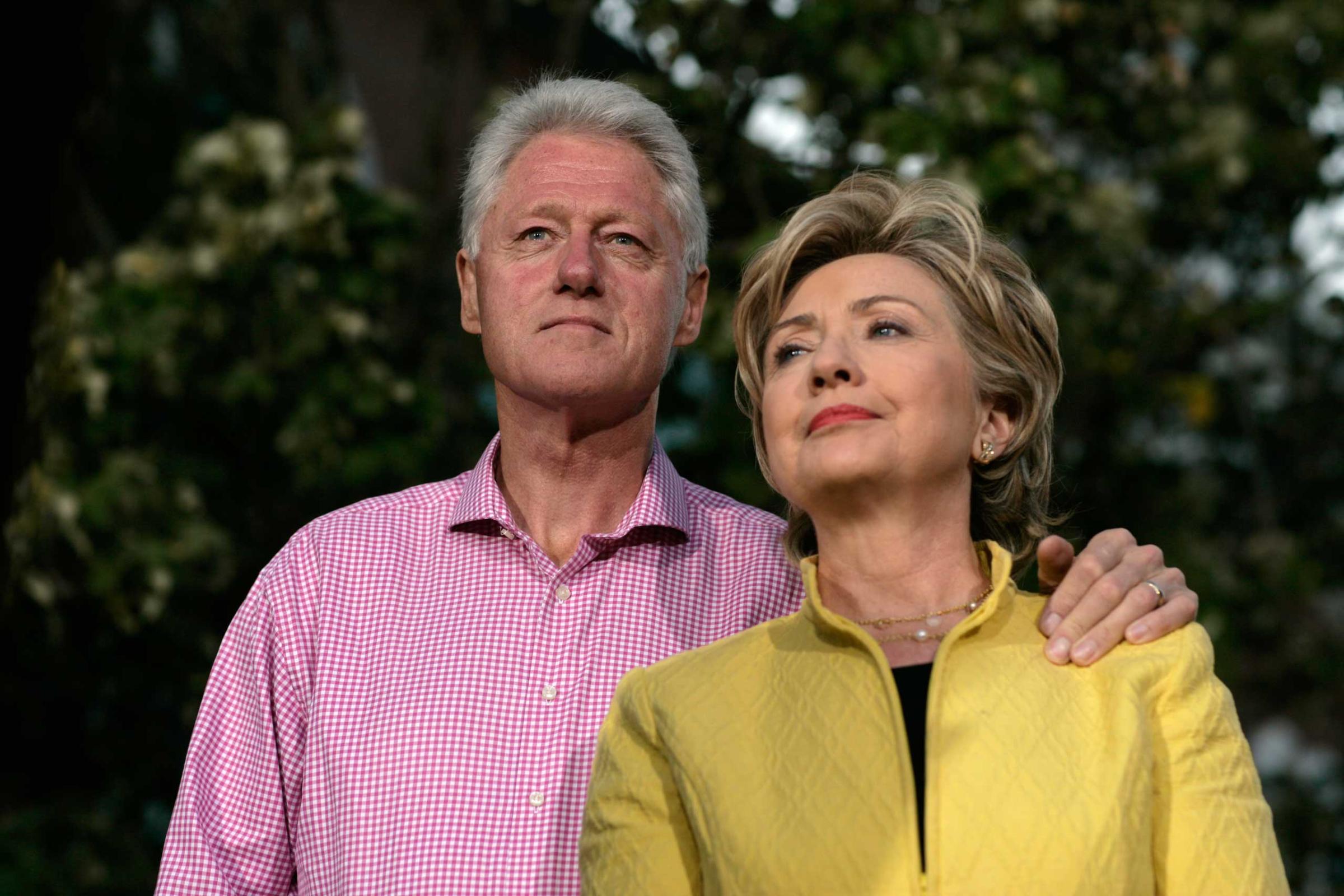
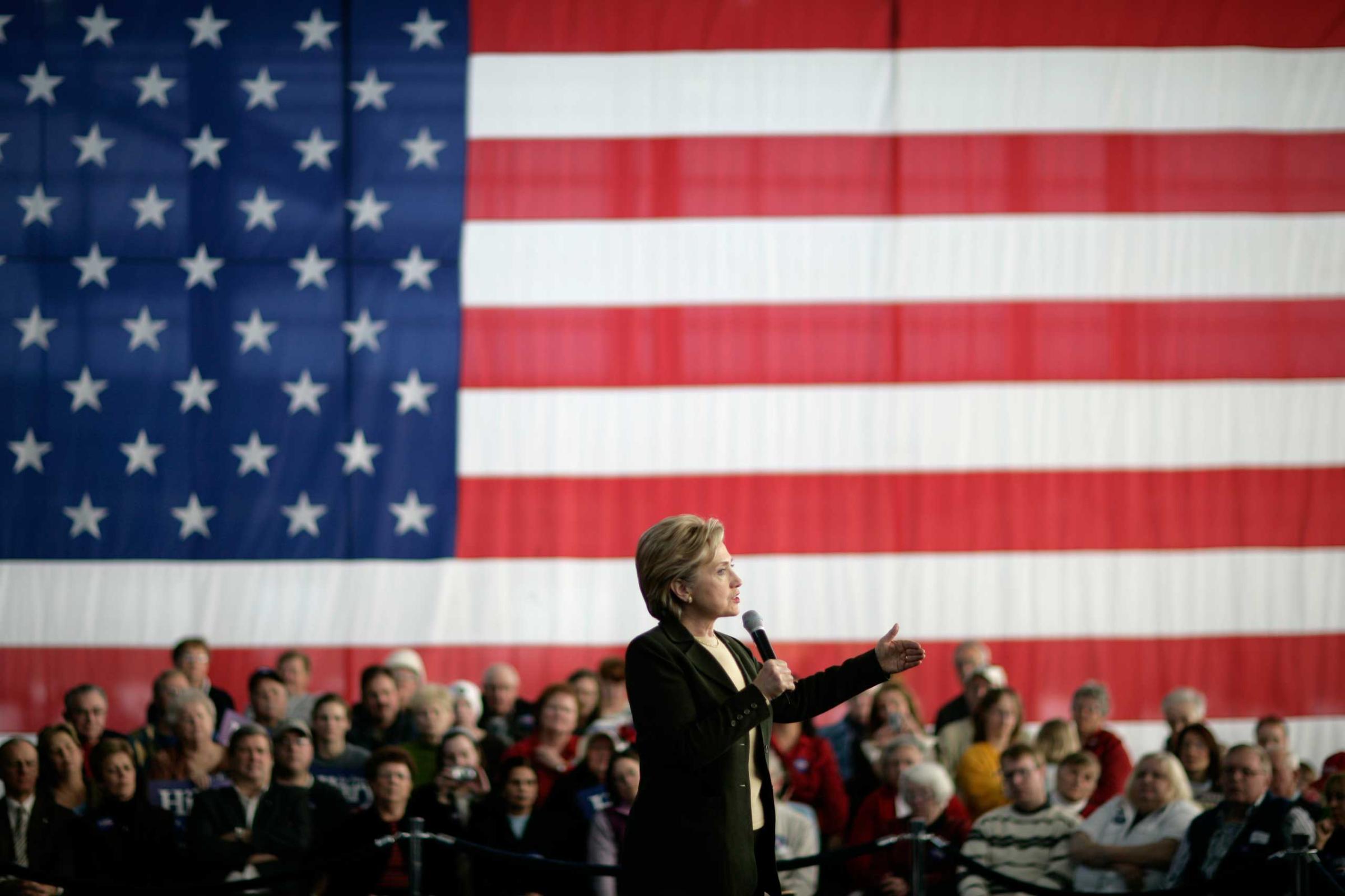
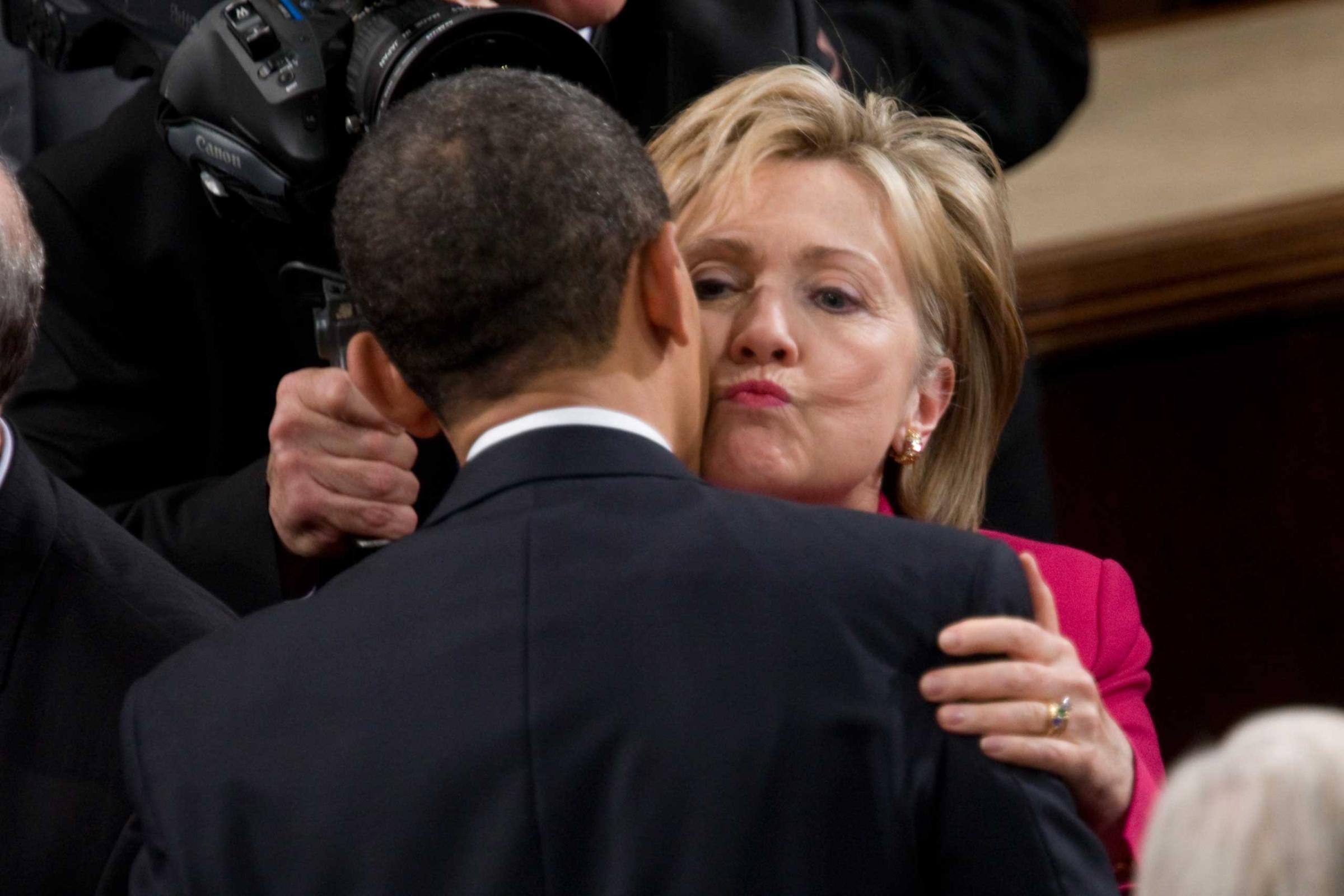
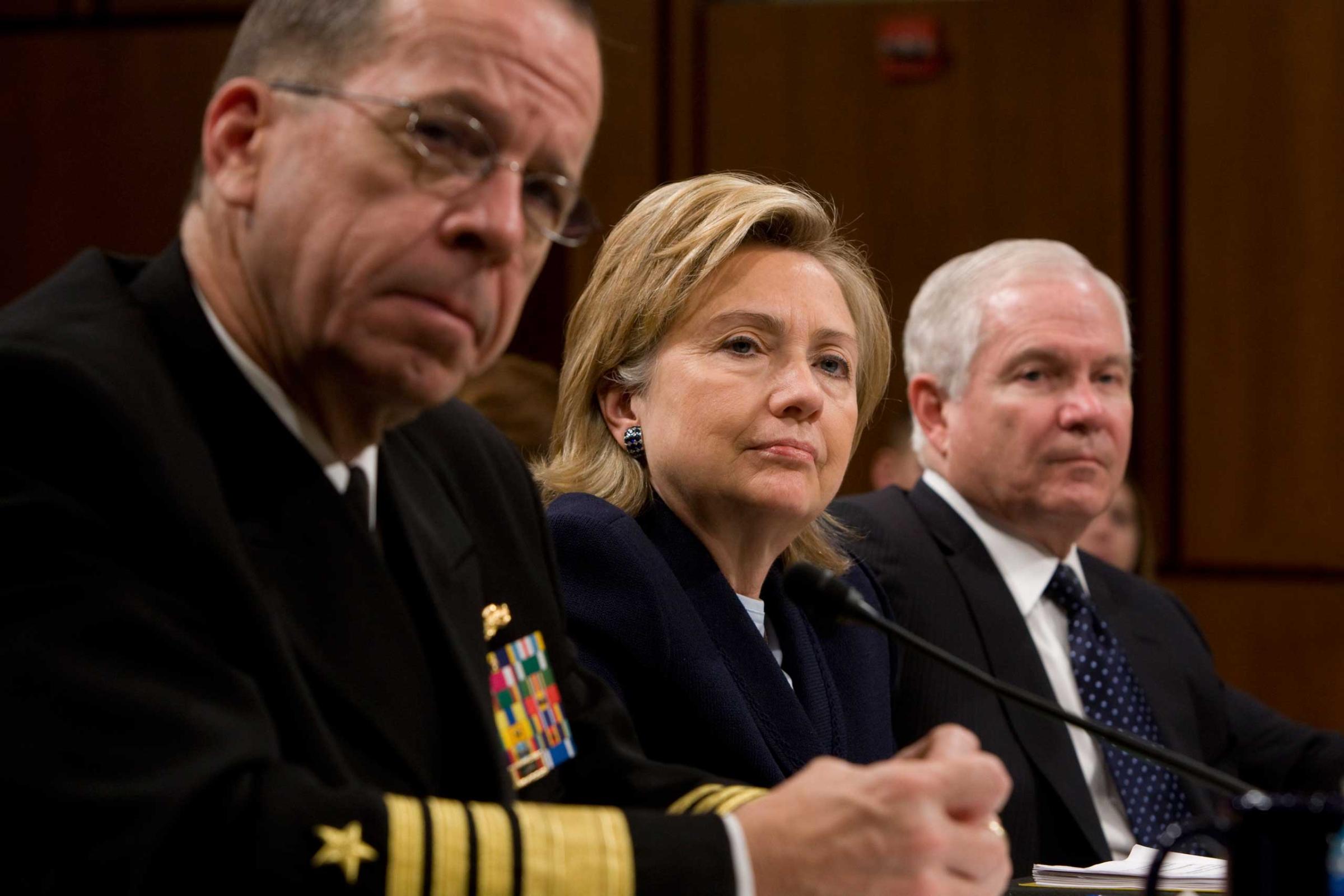
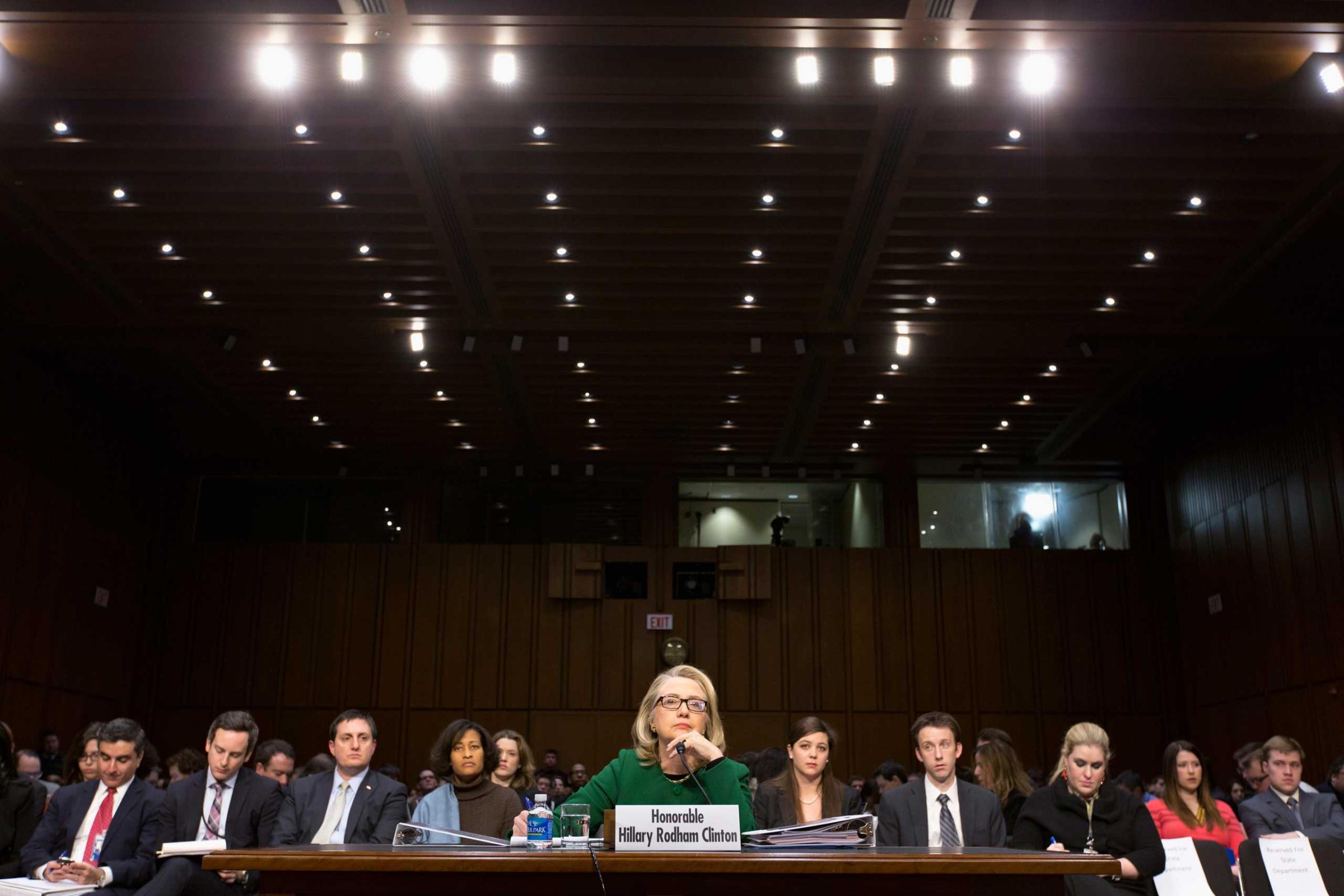
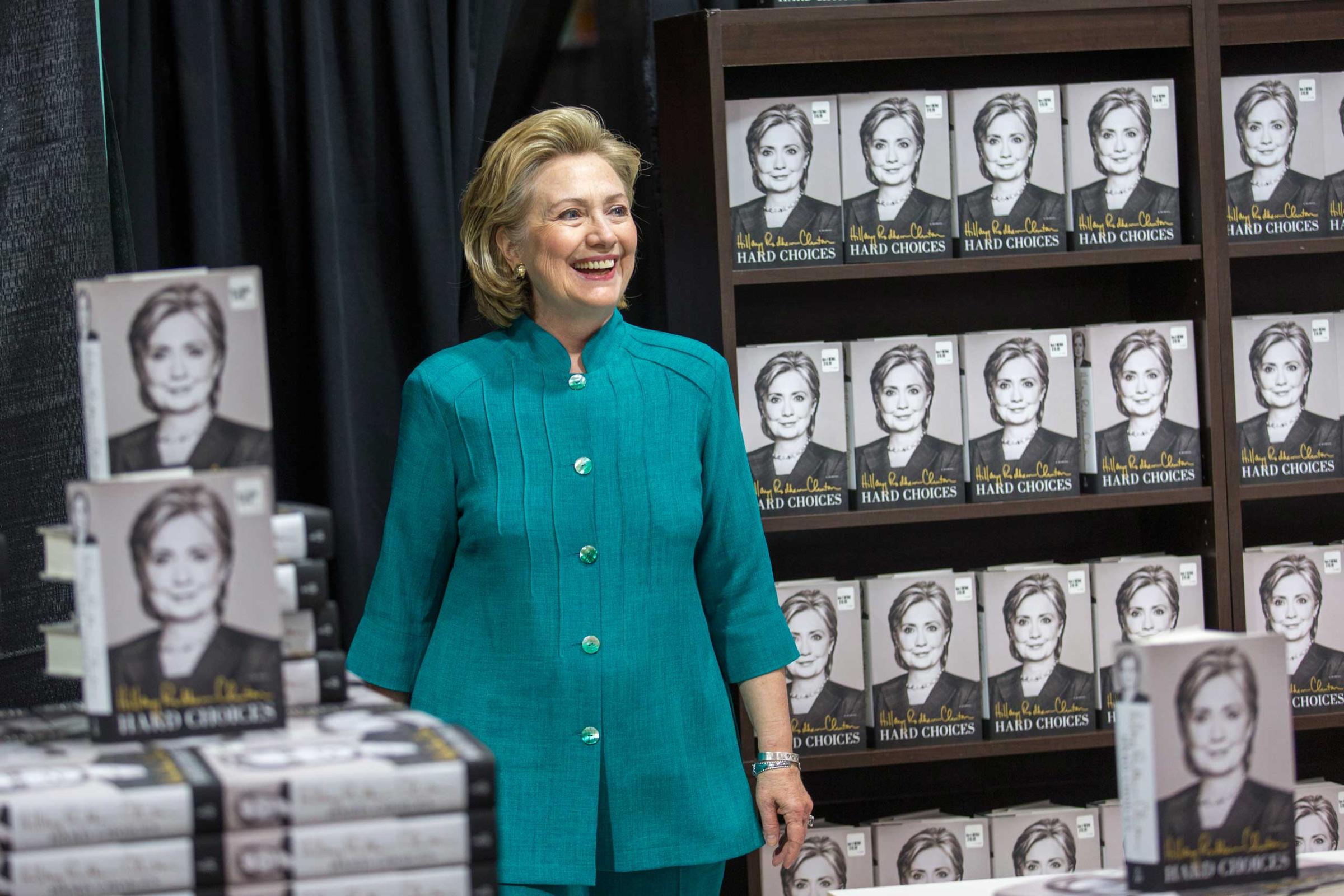
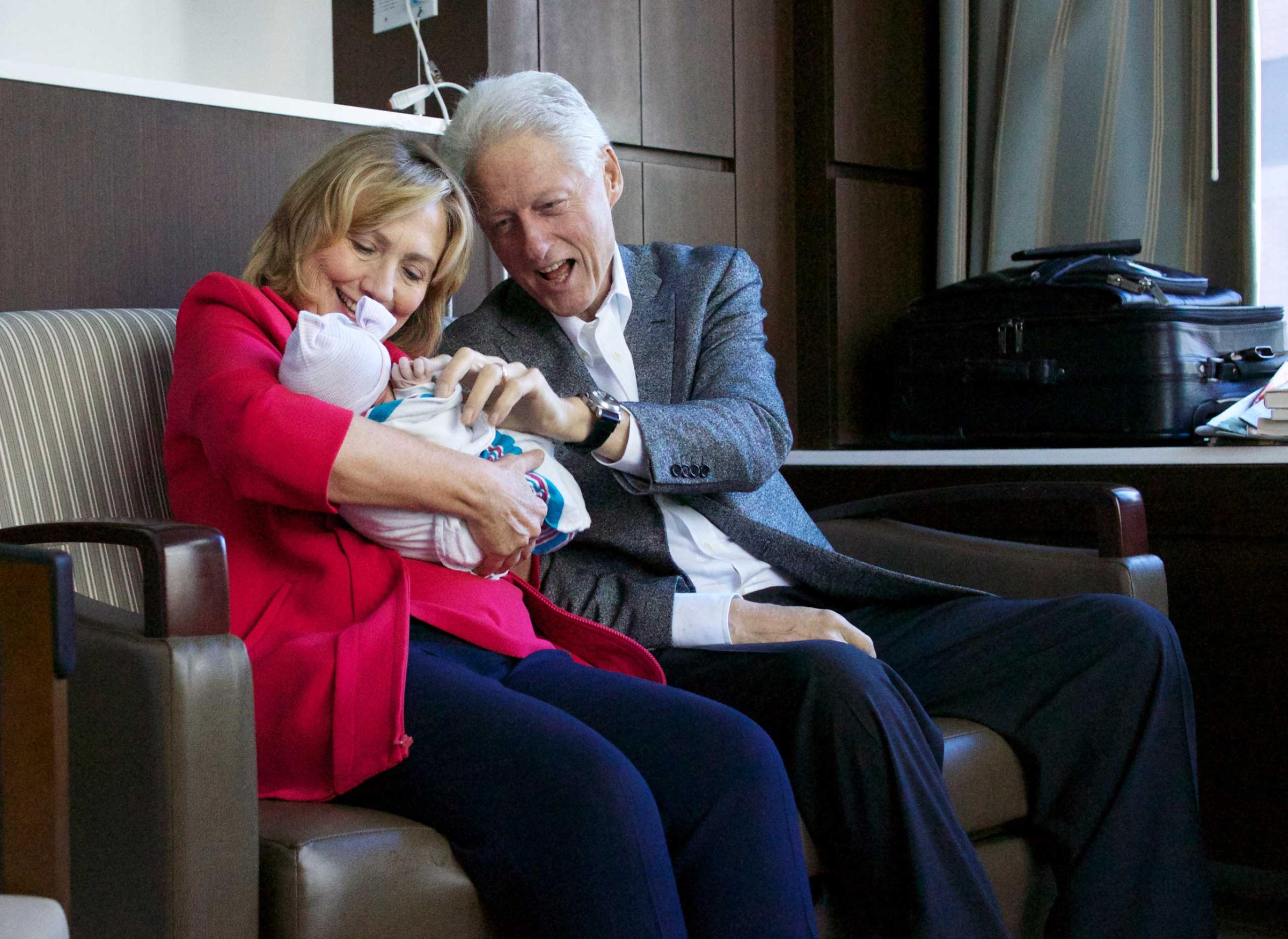
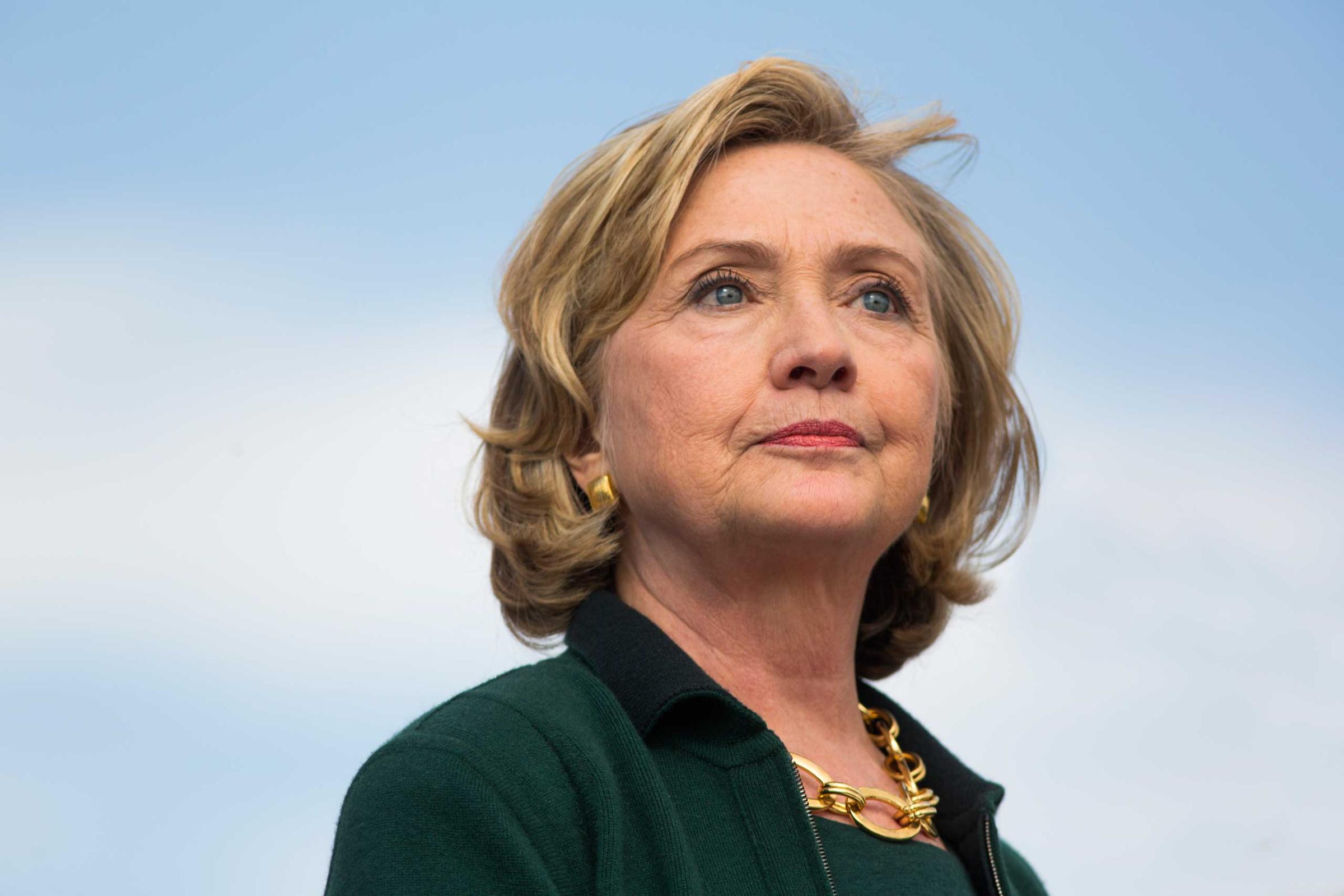
Many on the left have expressed early satisfaction with Clinton’s campaign rollout, as she talks about addressing income inequality and repeatedly mentions an economy “stacked in favor of those at the top.” She has sounded a strong note on criminal justice reform, and members of her campaign have notably talked about making college more affordable. “In the 2014 elections, who was talking about a national goal of debt-free college?” Adam Green, cofounder of the Progressive Change Campaign Committee, said earlier this month. “This is a new high-water mark on this issue.”
During the roundtable, Gadson asked Clinton if she would push for ways to make it easier for people with criminal records to get loans. “Will you change the language and the laws that prohibit people with a criminal background the ability to access these funds?” she asked. Clinton answered the question in stride, without committing to any policy. “I think that’s a very fair question,” she said. “In a lot of communities, there are resources but they can’t be put to good use because too many people can’t get access.”
After reporters called on Clinton to answer questions in Bike Tech, Clinton accepted. “Yes, maybe when I’m done talking with the people here, how’s that?” she said. “If I can learn something, I might go over and say a few words with the press.” When she took questions, one reporter repeated at a yell, “Why did you use your own email server? Why did you use your own email server?” It broke much of the atmosphere of the cozy campaign.
Clinton’s sparring with the press on Tuesday revealed some of the difficulties of her small-bore campaign. Before Tuesday, she had not taken questions from reporters for four weeks, avoiding eager journalists with waves and smiles. When she answered questions in Keene, New Hampshire, about allegations surrounding the Clinton Foundation, she brushed off criticism and left before she could face a long line of questioning.
And after her roundtable on Tuesday, Clinton stopped at a coffee shop in Independence, Iowa, a small town with about a half-dozen stop lights, a Dairy Queen and a Casey’s General Store and gas station. Clinton was followed by an entourage of reporters that overwhelmed the two businesses she visited.
Clinton entered Em’s Coffee Shop to buy an espresso, and the store’s owner, Emilea Hillman, looked at the press scrum nervously. “I get worried about all these people, too,” Clinton joked.
As her aides jockeyed with the press horde, Clinton managed to chat with a few more local residents. Then she got back into her van, due in Chicago the next day for another campaign stop.
More Must-Reads from TIME
- Donald Trump Is TIME's 2024 Person of the Year
- Why We Chose Trump as Person of the Year
- Is Intermittent Fasting Good or Bad for You?
- The 100 Must-Read Books of 2024
- The 20 Best Christmas TV Episodes
- Column: If Optimism Feels Ridiculous Now, Try Hope
- The Future of Climate Action Is Trade Policy
- Merle Bombardieri Is Helping People Make the Baby Decision
Contact us at letters@time.com